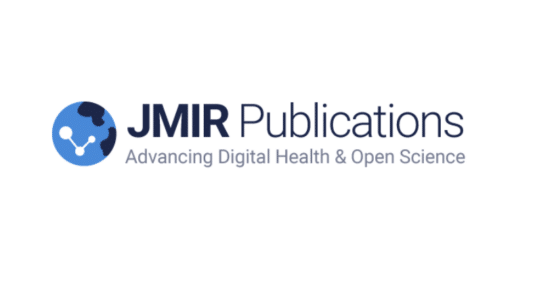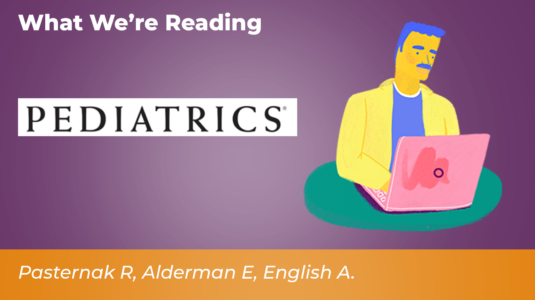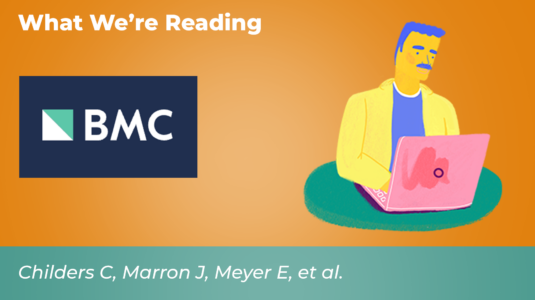“Shared access” uses separate identity credentials to differentiate between patients and care partner portal users. EHR vendors must recognize that both patients and care partners are important users of their products and acknowledge and support the critical contributions of care partners as distinct from patients.
Ethics
21st Century Cures Act ONC Rule: Implications for adolescent care and confidentiality protections
This article reviews the key aspects of confidentiality protections in adolescent health care, explains the ONC Rule, outlines clinical, HIT, and equity challenges associated with its implementation, encourages the development of policies protecting the confidentiality of adolescents’ EHI [ … ] and offers tools for analyzing key questions in individual cases and practical steps to address the confidentiality of EHI with patients and parents.
Clinical ethics consultation documentation in the era of open notes
The new regulatory requirements of the 21st Century Cures Act provide a valuable opportunity to involve patients more actively in the documentation and telling of their own story of ethical complexity. Healthcare systems should take advantage of this new era and use open notes as a way to improve CECs documentation and, ultimately, patient care.
Open notes in patient care: confining deceptive placebos to the past?
In some countries, the practice of “open notes” is advanced with patients using online portals to access their clinical records. In this report, the authors reflect on the consequences of access for placebo prescribing, particularly for the common practice of deceptive placebo use, in which patients are not aware they are being offered a placebo.
We need to talk about “closed notes”
In this personal blog, the author discusses the harmful consequence of “closed notes” – of denying patients rapid access to their online clinical information. The blog post describes “closed notes” as an inherited structure in healthcare but urges that this does not make it right.
OpenNotes: Anticipatory Guidance and Ethical Considerations for Pediatric Psychologists in Interprofessional Settings
The OpenNotes era has ushered in the possibilities of greater patient and family collaboration in shared decision-making and reduced barriers to documentation sharing. However, it has raised new ethical and clinician documentation considerations. In addition to clinician education, patients and families could benefit from education around the purpose of clinical documentation, how to utilize OpenNotes, and the benefits of engaging in dialogue regarding the content and tone of documentation.
Patients, clinicians and open notes: information blocking as a case of epistemic injustice
We address the contrasting perceptions of this practice innovation, and claim that the divergent views of patients and clinicians can be explained as a case of epistemic injustice. Using a range of evidence, we argue that patients are vulnerable to (oftentimes, non-intentional) epistemic injustice. Nonetheless, we conclude that the marginalisation of patients’ access to their health information exemplifies a form of epistemic exclusion, one with practical and ethical consequences including for patient safety.
Knowledge, power, and patients: The ethics of open notes
But do patients really need access to their health information, or should electronic health records be the sole preserve of physicians? We explore this question using our own case studies.
Patient Access to Mental Health Notes: Motivating Evidence-Informed Ethical Guidelines
In the last decade, many health organizations have embarked on a revolution in clinical communication. Using electronic devices, patients can now gain rapid access to their online clinical records. Legally, patients in many countries already have the right to obtain copies of their health records; however, the practice known as “open notes” is different. Via secure online health portals, patients are now able to access their test results, lists of medications, and the very words that clinicians write about them. Open notes are growing with most patients in the Nordic countries already offered access to their full electronic record. From April 2021, a new federal ruling in the United States mandates—with few exemptions—that providers offer patients access to their online notes.
Does Patient Access to Clinical Notes Change Documentation?
A variety of surveys have been conducted into patients’ and doctors’ experiences of open notes but much less is understood about the objective changes in documentation that may arise as a result of patient access. We review current research into open notes including clinicians’ reports on how they have modified their notes as a result of implementing the practice. Highlighting the potentially beneficial and harmful effects that different types of documentation changes might have on the therapeutic relationship and on patient outcomes, we argue that more research is needed to investigate objective changes in notes as a result of patient access.






